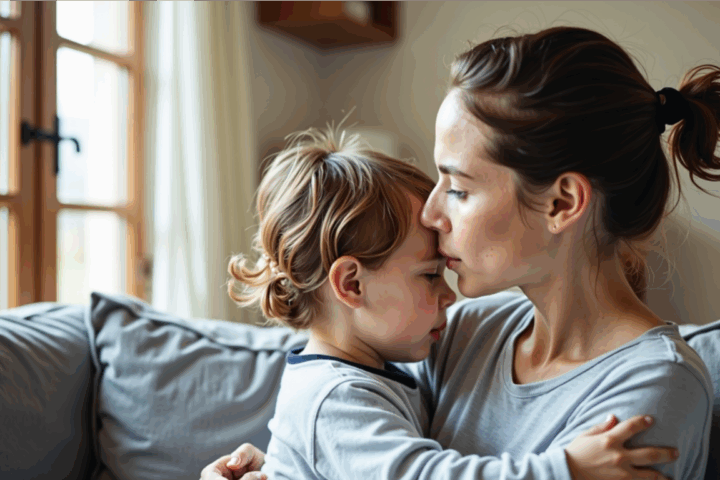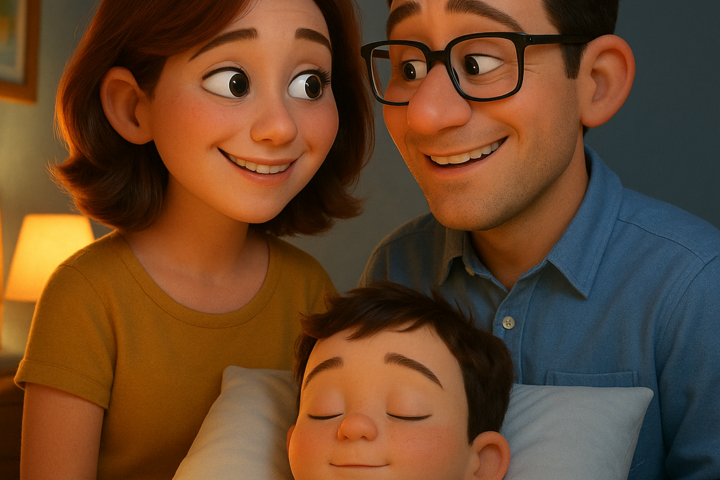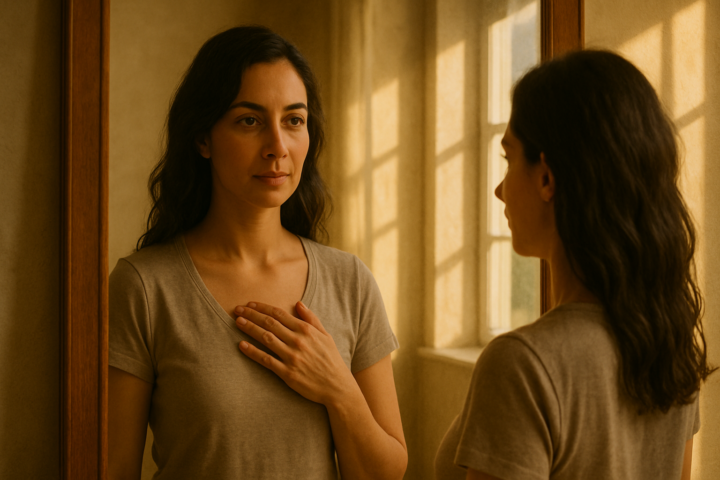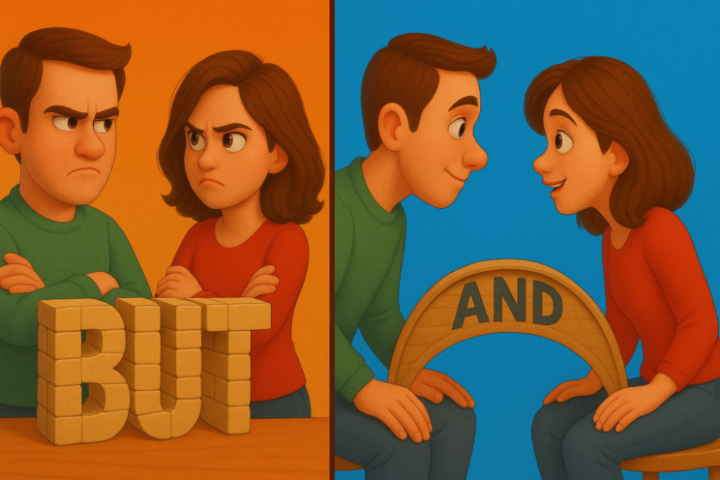saLet’s be real: relationships aren’t easy.
Even when the love is strong, navigating two nervous systems, two life histories, and two sets of needs? It’s a full-time dance — and sometimes a collision. That’s why I believe every couple (and every individual in a couple) needs to slow down from time to time and ask some hard but honest questions to determine if their relationship is really working.
Not to pick apart the relationship but to pause, check in, and recalibrate. To see if you’re building something strong, safe, and mutual — or just trying to survive something that’s slowly wearing you down.
These questions aren’t meant to create fear. They’re meant to create clarity.
So whether you’ve been together for two months or twenty years, take a breath, take your time, and see what answers come up.
1. Do You Feel Safe in This Relationship — Emotionally, Physically, Nervously?
Let’s start here because it’s foundational.
Do you feel like you can be your full self — fears, flaws, weird quirks, and all — without being punished for it?
Do you feel safe saying no? Does it feel safe to share all of your emotions with your partner? Do you feel that parts of you are unacceptable?
“Safe” doesn’t just mean the absence of harm. It means the presence of acceptance. The ability to rest, exhale, and be seen — without always being on guard.
💭 Try asking yourself:
-
When conflict happens, do I brace for emotional withdrawal or blowups?
-
Can I bring up something hard without fearing retaliation or shame?
-
If I were to fall apart — emotionally, physically, mentally — would my partner stay present with me?
If your body answers “no” or even “I’m not sure,” that’s a cue worth listening to.
“Your nervous system is the first to know when something feels off — even if your mind isn’t sure why.”
2. Are You Actually Happy — Most of the Time?
Here’s the deal: no relationship is sunshine 24/7.
Stress happens. Disagreements happen. But your relationship should never be the main source of your stress.
Are you more energized, more yourself, more alive — because of this relationship?
Or are you spending most days feeling drained, anxious, or lonely — even with someone beside you?
🧠 Reminder: Chronic unhappiness in relationships doesn’t always look like fighting. Sometimes, it looks like:
-
Tiptoeing around each other’s moods
-
Being overly “chill” to avoid arguments
-
Feeling like a roommate instead of a partner
Ask yourself:
-
Do I feel like a better version of myself in this relationship?
-
When I imagine the future with this person, do I feel relieved — or trapped?
If the relationship is mostly stressful, it’s worth pausing to ask: why am I still here?
3. Do Your Futures Align — Not Just the Surface Stuff?
Compatibility isn’t just “we both like hiking” or “we want kids.”
It’s about core values and vision — how you move through the world and what kind of life you’re building.
💬 Ask:
-
Are we on the same page about money, career, family, lifestyle?
-
Do we agree on how to handle tough things (grief, illness, aging parents)?
-
Is our definition of partnership aligned — or are we playing by two different rulebooks?
Being in love doesn’t mean you’re aligned.
And being aligned doesn’t always mean you’re in love.
If your futures don’t fit — it’s better to know now, not 10 years and 2 resentments later.
4. Can You Argue Without Destroying Each Other?
Every couple fights.
But it’s how you fight — and how you repair — that determines the health of your relationship.
Ask yourself:
-
When we argue, do we fight to understand — or fight to win?
-
Do our arguments end in clarity… or silence, shut down, and guilt trips?
-
Do we return to each other after conflict with softness or with stone walls?
💡 Healthy conflict looks like:
-
Pausing before snapping
-
Naming your needs without blaming
-
Repairing without waiting for the other person to beg
If your conflicts involve emotional manipulation, verbal abuse, or violence — that’s not a communication issue. That’s a safety issue.
And you deserve to be safe.
5. Are You Sexually and Intimately Aligned?
Let’s talk about sex. And not just the frequency — the experience of it.
-
Do you both feel desired, safe, and respected?
-
Can you talk openly about what turns you on, what doesn’t, and what you need more of?
-
Is there pressure, avoidance, shame, or resentment around physical intimacy?
Sexual compatibility changes over time, but the ability to talk about it—with honesty and care—should always be present.
“If sex feels like a chore, a weapon, or a source of dread — that’s not intimacy. That’s a signal something deeper needs tending.”
And by the way, intimacy isn’t just sex. It’s an emotional connection, tenderness, laughter, and shared vulnerability. If you’re starved for it, you’re not being needy — you’re being human.
6. Do You Respect Each Other’s Boundaries — Or Just Tolerate Them?
Boundaries are how we teach each other where safety begins and ends.
They’re not walls — they’re clarity.
-
Does your partner honor your “no,” or do they push past it?
-
Can you set limits without being guilt-tripped or made to feel selfish?
-
Do you both make space for each other’s individual needs and growth?
A relationship built on resentment or people-pleasing won’t sustain long-term intimacy.
Healthy love says: I want the real you. Not the version of you that never says no.
7. Are You Growing — Together?
The best relationships aren’t perfect. But they are growth-oriented.
-
You learn from each other.
-
You challenge each other — without belittling.
-
You support each other’s healing, not sabotage it.
You don’t need a “perfect” partner. You need a willing one.
💡 If you’re the only one doing the emotional work, the reflection, the therapy, the change — pause. That’s not partnership. That’s performance.
Final Thoughts: If These Questions Hurt… That Might Be a Good Thing
If reading this stirred something inside you — tenderness, sadness, clarity — stay with it. That discomfort might be your inner wisdom nudging you to notice what you’ve been ignoring.
You don’t have to make a decision today.
But you do deserve a relationship where love feels safe, kind, and mutual.
And if you’re struggling to ask these questions alone — therapy can help. Truly.
Whether you’re trying to repair, reconnect, or release, a therapist offers a safe space to sort through what’s yours, what’s theirs, and what’s possible.
❤️ Want more support?
Here are a few helpful resources I trust:
And if you’re looking for a therapist who gets it — not just the science, but the soul stuff, too — reach out. I’d be honored to walk with you.
Share this article with someone who might need to ask these questions because we’re all in this together.











